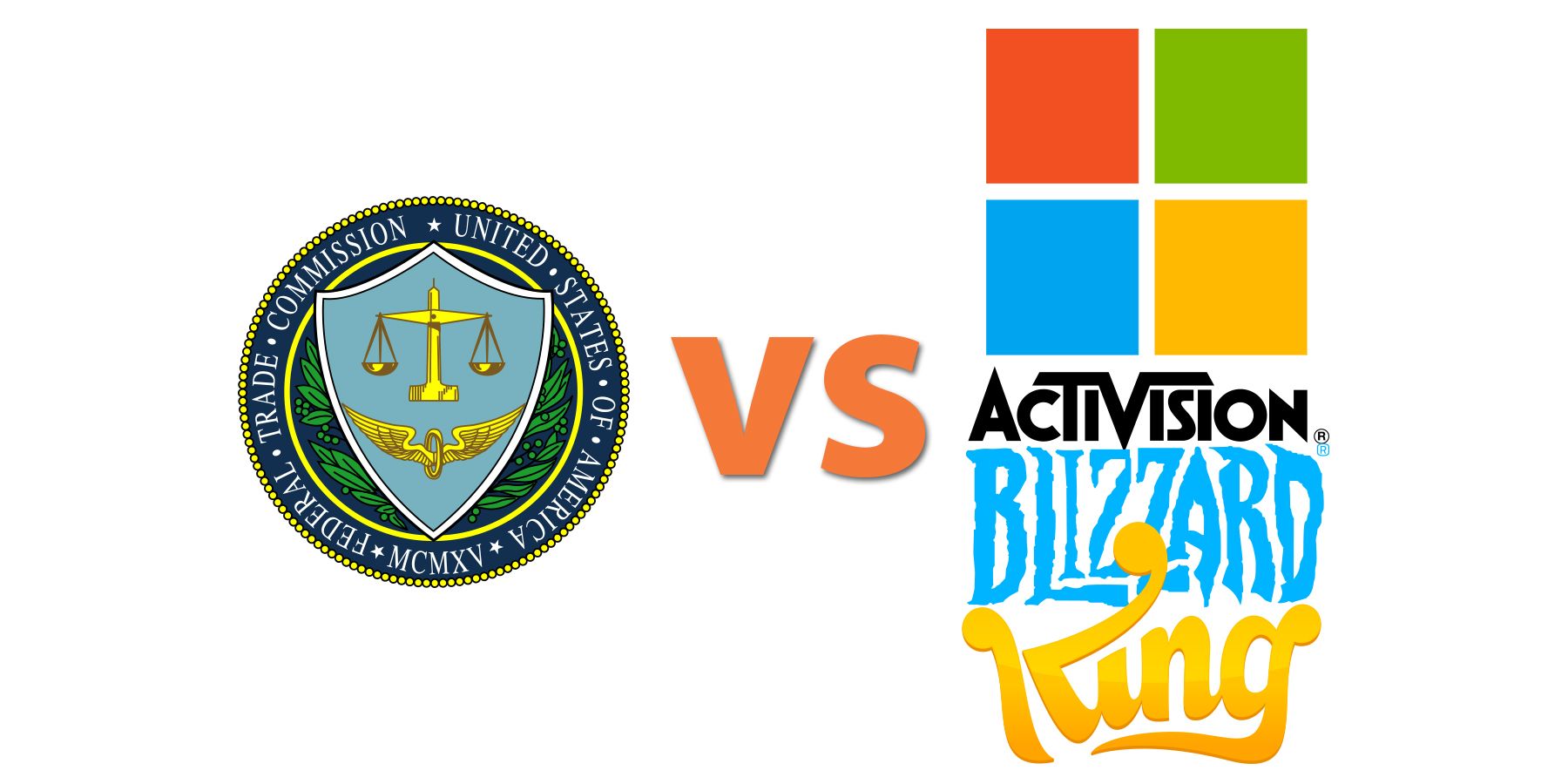
Why Microsoft's Blockbuster Acquisition of Activision Blizzard is at Risk of Being Shut Down by the FTC

Microsoft's plan to acquire Activision Blizzard King is in jeopardy as the FTC seeks to block the $69 billion deal, citing various concerns
The ongoing concerns surrounding Microsoft's $69 billion buyout offer for Activision Blizzard have escalated as the US Federal Trade Commission (FTC) has now requested a preliminary injunction against the acquisition. This latest move comes after the UK's decision to block the deal in April. Although the FTC had previously filed a lawsuit against the acquisition in December 2022, it alone was not enough to prevent the transaction from proceeding, as the in-house court presiding over the case lacked the authority to issue injunctions in such matters.
The agency has requested a restraining order and a preliminary injunction against Microsoft's purchase of Activision Blizzard from a California federal court in San Francisco. The filing, submitted on June 12, aims to temporarily prevent Microsoft from closing the transaction. The complaint explained that an injunction against the acquisition would give the FTC's attorneys sufficient time to strengthen their case. Microsoft's President, Brad Smith, sees the move to federal court as a positive sign for the acquisition, as it will "accelerate the decision-making process." The court is expected to make a decision on the injunction request by Thursday, June 15. The FTC argued that without the injunction, the two companies could complete the deal at any time, even with regulatory obstacles in both Europe and the US. While Microsoft has technically been free to finalize the deal since late May, it is unlikely to do so until it has appealed the UK's rejection of the acquisition, with the first appellate hearing scheduled for July 24.
However, despite Microsoft's efforts to expedite the acquisition process, it appears unlikely that the deadline set for mid-July will be met. This means that Activision Blizzard may be entitled to a $3 billion breakup fee if the deal is not finalized by July 18. Despite this, the company is expected to negotiate an extension with Microsoft, given its willingness to weather the regulatory storm that has arisen from the acquisition. The acquisition has already been approved by numerous countries worldwide, including the European Union, China, and South Korea, with Australia and New Zealand being the only countries to delay their decisions, likely waiting to see how Microsoft's regulatory issues in the US and UK will be resolved.
Source: FTC













